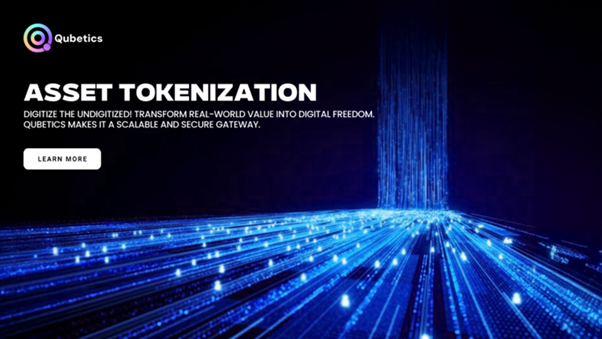CUDOS Intercloud: Pioneering the Future of Decentralized Infrastructure with DePIN

DePIN, or Decentralized Physical Infrastructure Networks, is emerging as a transformative model that shifts away from traditional centralized infrastructure systems. Unlike conventional models dominated by a single provider, DePIN leverages a distributed network of participants to provide and maintain essential physical infrastructure, including computing power, storage, and connectivity. This decentralization not only enhances resilience by reducing reliance on a single point of failure but also optimizes resource usage, leading to significant cost and energy efficiencies. Participants in DePIN networks contribute resources and are compensated, fostering a collaborative environment that benefits all stakeholders involved.
The significance of DePIN lies in its ability to address critical challenges faced by digital infrastructure. By enabling services such as AI inference to run closer to data sources, DePIN reduces latency, which is vital for real-time applications. Furthermore, the distributed nature of these networks enhances resilience, making them less vulnerable to outages. Cost efficiency is achieved through a diverse set of providers, eliminating the need for expensive centralized infrastructure. Additionally, DePIN’s architecture promotes environmental sustainability by optimizing energy consumption, thereby lowering the overall carbon footprint associated with large data centers.
CUDOS Intercloud plays a pivotal role in the DePIN ecosystem by providing a decentralized cloud computing platform that connects service providers globally. This integration allows for lower latency in computing and AI inference, as workloads can be processed closer to their data sources. By tapping into underutilized resources, CUDOS Intercloud not only reduces operational costs but also enhances energy efficiency. Its resilient architecture ensures that workloads can be dynamically shifted in case of failures, improving uptime and reliability. As the demand for decentralized infrastructure continues to grow, CUDOS Intercloud is well-positioned to lead the charge in revolutionizing cloud services, storage, and AI processing within the DePIN framework.
Related News





